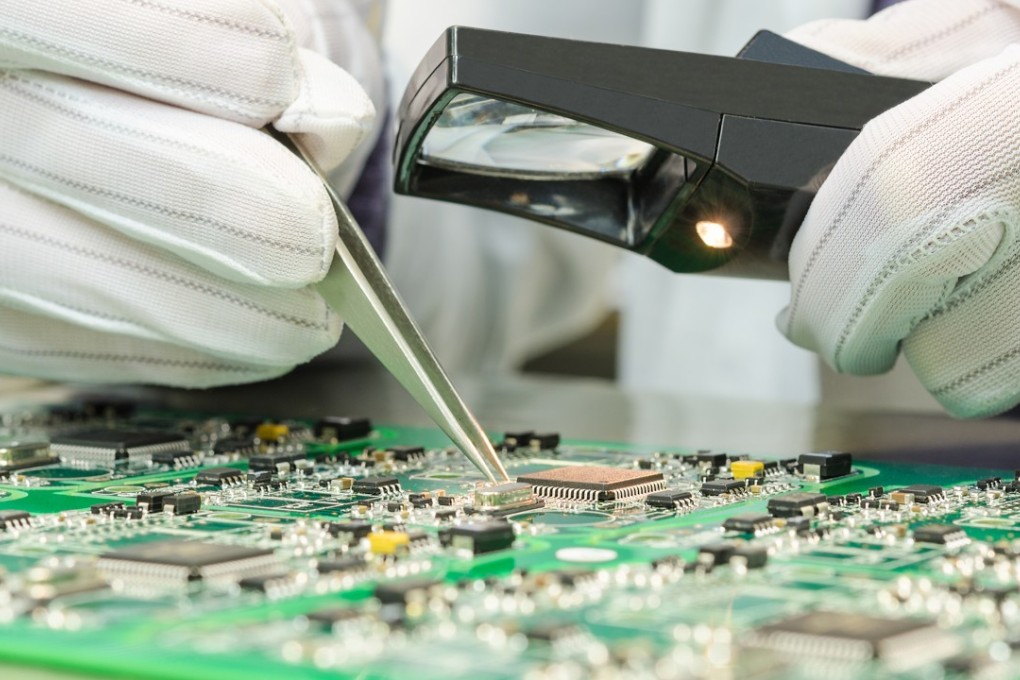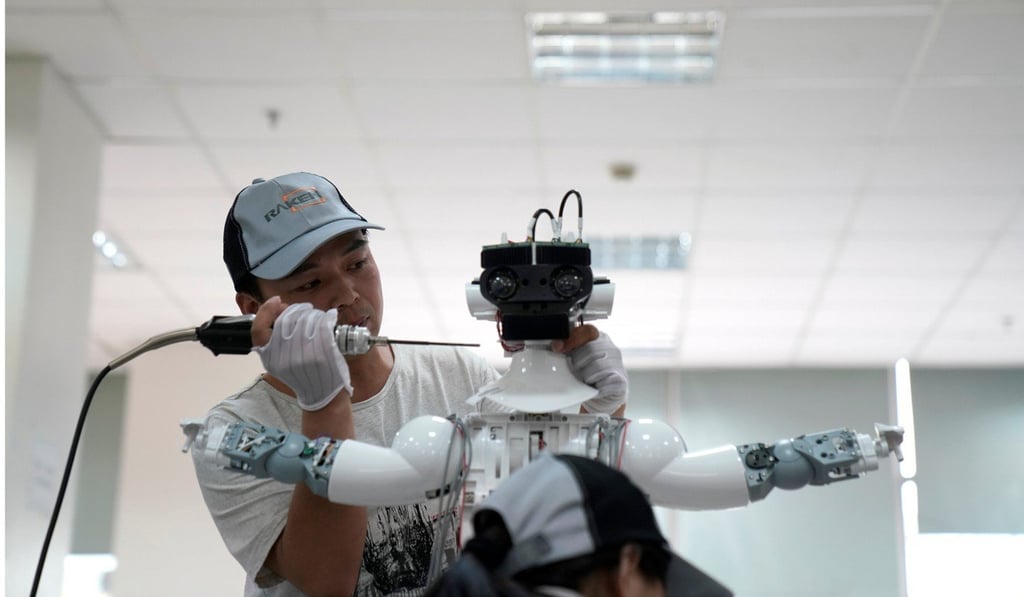Beijing did a tech reality check on its industrial champions. The results were not amazing
The country’s big conglomerates are almost totally reliant on foreign suppliers for key components, countering suggestions that China is on the verge of being a technological superpower

China’s champion industrial enterprises are almost completely reliant on imports for top-end computer chips and crucial components, a state-run news service has reported, echoing calls for caution about the country’s technological prowess.
The report by the official China News Service was based on a survey by the Ministry of Industry and Information Technology of 30 of China’s biggest conglomerates.
The ministry questioned the companies about 130 “core components and materials”, finding them reliant on imports for 95 per cent of central processing unit and CPU-related chips for their computers and servers.
The companies also depended on foreign suppliers for 95 per cent of the advanced manufacturing and testing components on production lines for various sectors, including rockets, large aircraft and even cars, according to the report published on Friday.
About a third of the “key materials” covered by the survey were not available in China, the state news agency reported, without detailing the items covered or when the survey was conducted.
The ministry did not release any information about the survey.
The report was shared widely on Chinese social media and countered perceptions that China is on the brink of becoming a technological superpower.
